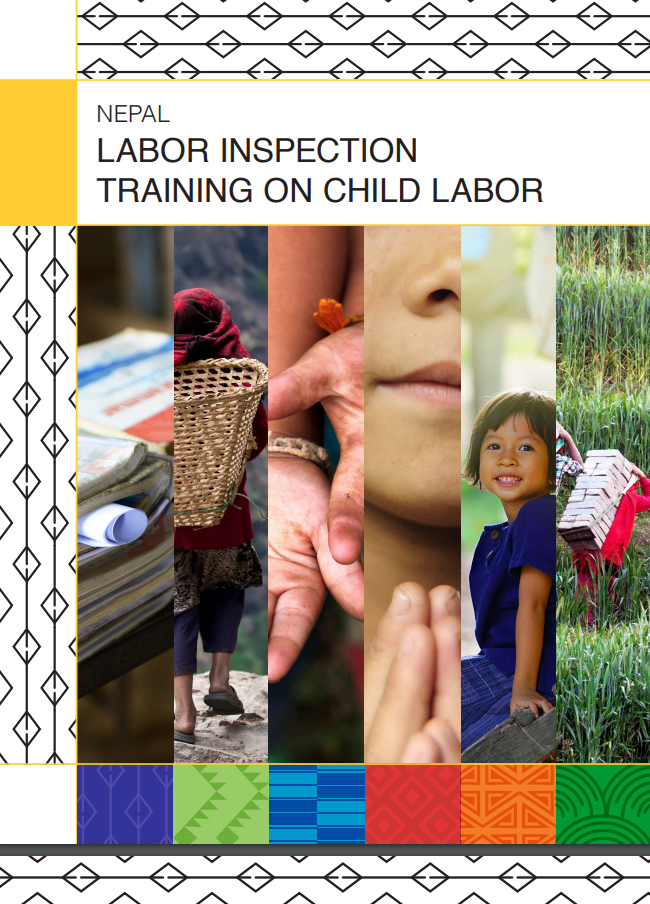We also have dreams: Ongoing safety and quality of life issues for Rohingya refugees in Bangladesh
GuidanceFrom October 2020 to April of 2021 BHRN interviewed 29 refugees ages 14 to 60 from 10 different camps in Cox’s BazarOf those interviewed 68% were women93% of refugees said they did not receive enough food rations72% described their current safety ...Read More

